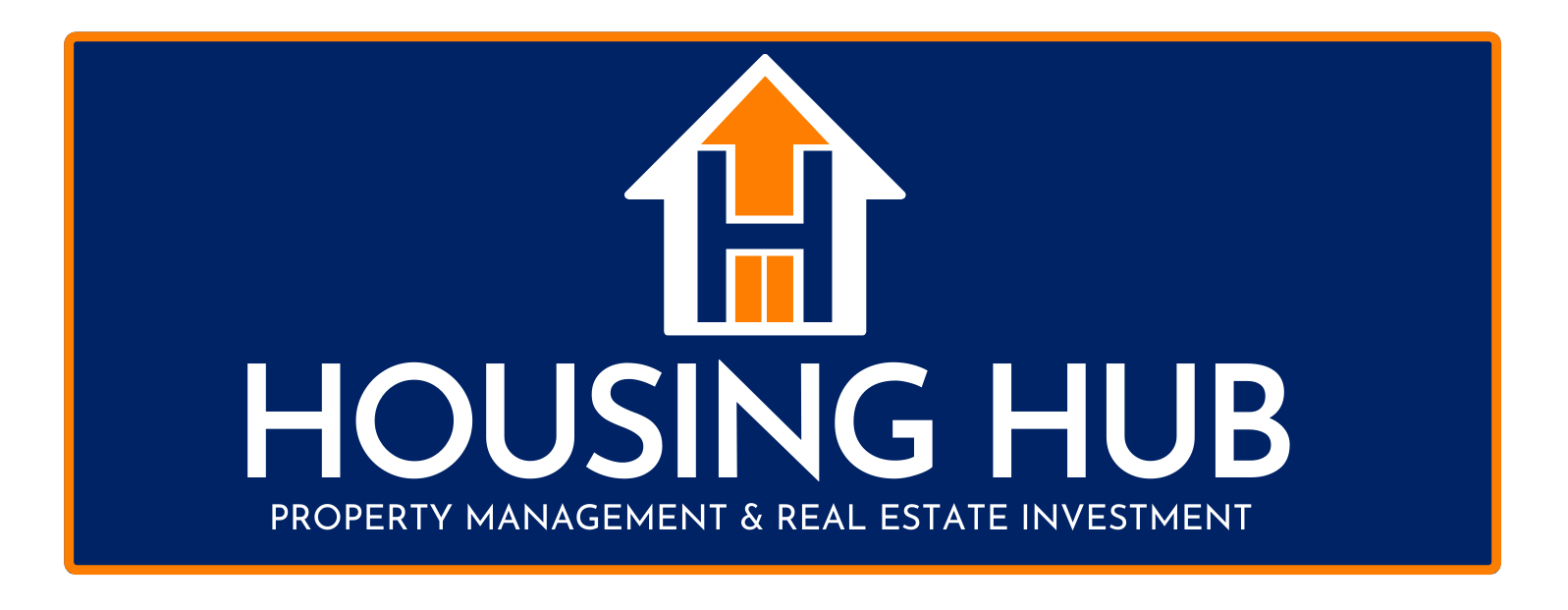What New Landlords in the Twin Cities Should Know About Real Estate Investments
Entering the world of real estate investment in the Twin Cities as a new landlord can be both exciting and daunting. With a vibrant rental market driven by a diverse population, the potential for a profitable investment is significant. However, becoming a successful landlord involves more than just purchasing property; it requires a deep understanding of the local market dynamics, legal regulations, and effective property management techniques.
Our aim is to equip you with the essential knowledge and strategies to navigate the Twin Cities real estate market confidently. We understand the challenges faced by new landlords, from legal complexities to tenant management, and we're here to offer insights that can help maximize your return on investment (ROI) and ensure the smooth operation of your rental properties. By focusing on the key aspects that influence the local market, including emerging trends and economic conditions, we empower you to make informed decisions that align with your investment goals. Join us as we explore the crucial steps and considerations every new landlord in Minneapolis and St. Paul should know.
Understanding the Twin Cities Real Estate Market
The Twin Cities real estate market is dynamic and offers various opportunities for new landlords looking to invest. We recognize the importance of understanding this market's unique characteristics, which are marked by its diverse economic base and robust educational and cultural institutions. These factors make the area particularly appealing for renters, from young professionals to families and students. It's crucial to grasp the local demand trends to effectively engage with this market.
For instance, areas near universities or business hubs typically have high rental demands. Similarly, the local lifestyle, characterized by its affinity for arts and outdoor activities, boosts the attractiveness of properties with certain amenities, like proximity to parks or arts centers. By understanding these elements, we can better select properties that are most likely to appreciate value and attract long-term tenants.
Key Legal Considerations for New Landlords in Minnesota
Navigating the legal landscape is essential for new landlords in Minnesota. Awareness of state and local regulations can help you manage your property responsibly and avoid potential legal issues. Some key legal aspects include the Minnesota Residential Landlord-Tenant Act, which outlines both landlord and tenant rights and responsibilities. Additionally, local ordinances in Minneapolis and St. Paul may impose specific requirements, such as rental license inspections and compliance with safety codes, which are fundamental for maintaining legal rental properties. Understanding the statutes regarding security deposits and eviction procedures is vital to ensure you're operating within the law. Keeping up to date with any changes in legislation, for example, recent discussions on rent control measures can significantly impact your strategies and operations. We can protect our investments and establish trustworthy relationships with our tenants by staying informed and compliant.
Common Challenges in Managing Multi-Family Units and How We Address Them
Managing multi-family units involves complex challenges, from tenant relations to building maintenance, all of which require a meticulous approach to ensure a smooth operation. One common issue is the diverse needs and expectations of different tenants, which can lead to conflicts or dissatisfaction if not managed adeptly. We address this by maintaining clear, open lines of communication and swiftly responding to tenant concerns, ensuring that issues are resolved quickly and to everyone's satisfaction.
Another major challenge is the ongoing maintenance and unexpected repairs inherent to managing larger residential complexes. We tackle these issues head-on through proactive maintenance schedules and regular inspections, which help identify potential problems before they escalate into costly repairs. By investing in these preemptive measures, we preserve the property's value and enhance the living experience for all tenants, fostering a sense of community and well-being.
How to Choose the Right Property Management Company for Your Multi-Family Property
Choosing the right property management company is pivotal to the success of your investment. Here are essential factors to consider:
1. Experience and Local Expertise: Look for a company with extensive experience and knowledge of the local market. Understanding the specific trends and challenges of the Twin Cities’ real estate landscape is crucial for effective management.
2. Comprehensive Service Offering: Ensure that the company provides a full suite of services, from tenant screening and lease management to maintenance and emergency responses. A comprehensive approach will ensure all aspects of property management are covered.
3. Reputation and Reviews: Check reviews and testimonials from other property owners to assess the company’s reputation. A reliable property management firm should have consistently positive feedback and a solid track record of success.
4. Communication and Transparency: Effective communication is key in property management. Ensure that the company you choose values transparency and maintains open lines of communication with both property owners and tenants.
5. Alignment of Values: Your property management company should share your goals and values, particularly in terms of tenant relations and property upkeep. Aligning in these fundamental areas is crucial for a successful partnership.
Remember, the right property management company not only handles the day-to-day challenges of managing your property but also aligns with your long-term strategic goals, enhancing both tenant retention and your investment’s return on investment.
Conclusion
At Housing Hub, we believe in managing properties like our own. Collaborating with us ensures an expert handling of your multi-family units and a partnership that values your property’s potential and strives to enhance every aspect of its operation. Contact us today to learn how we can transform your Twin Cities property management experience and maximize your investment returns.






